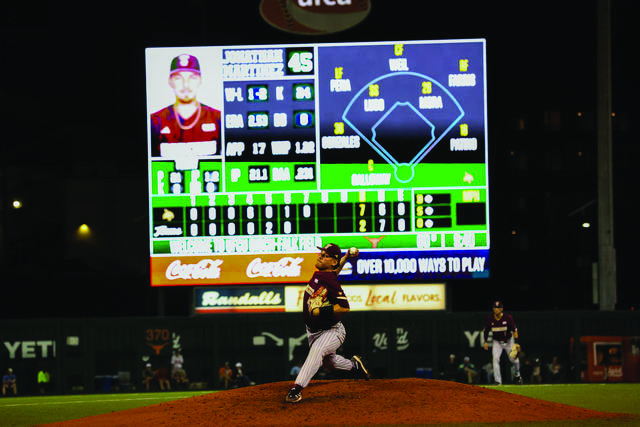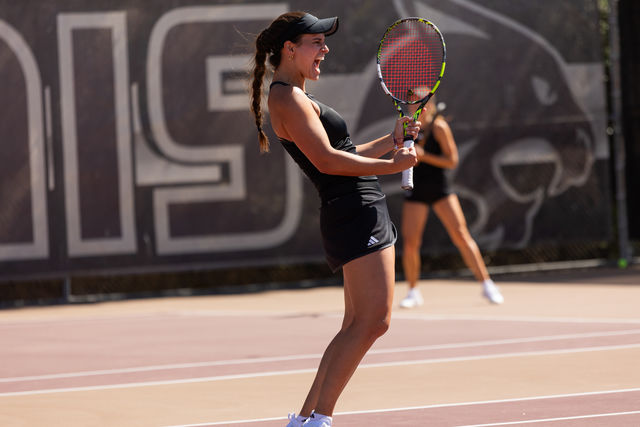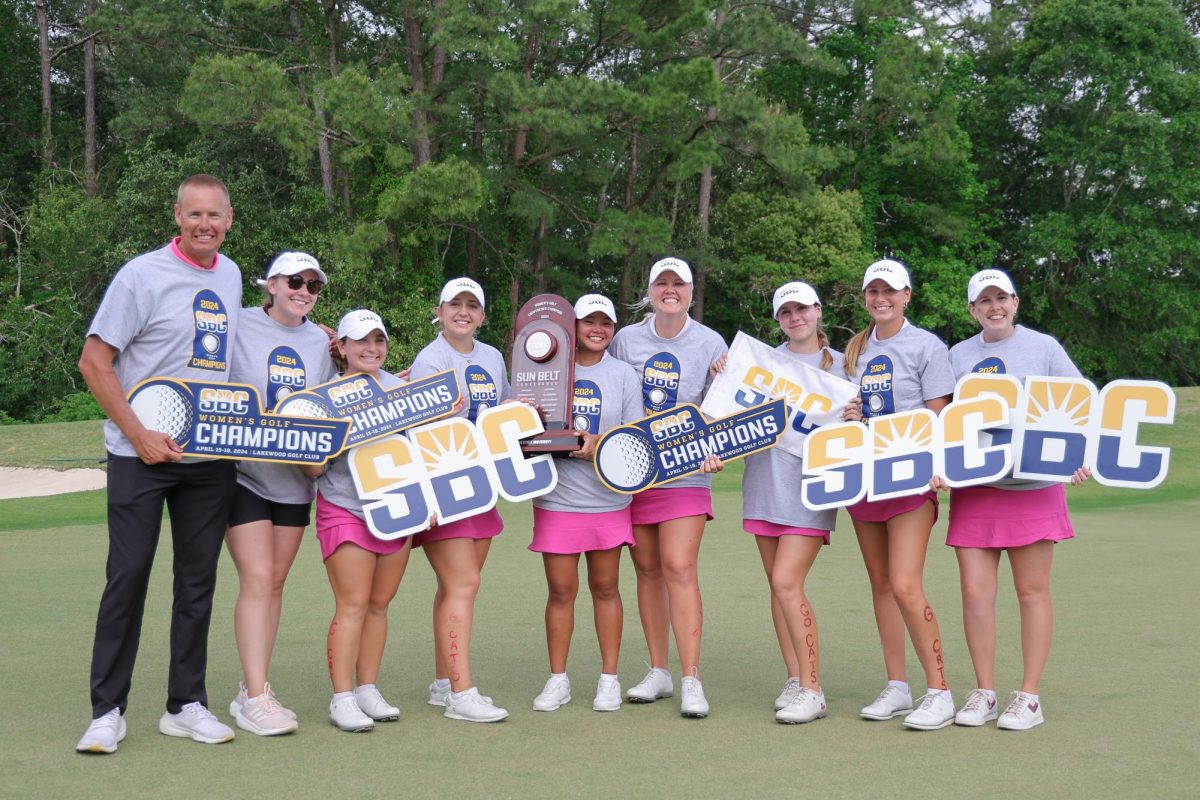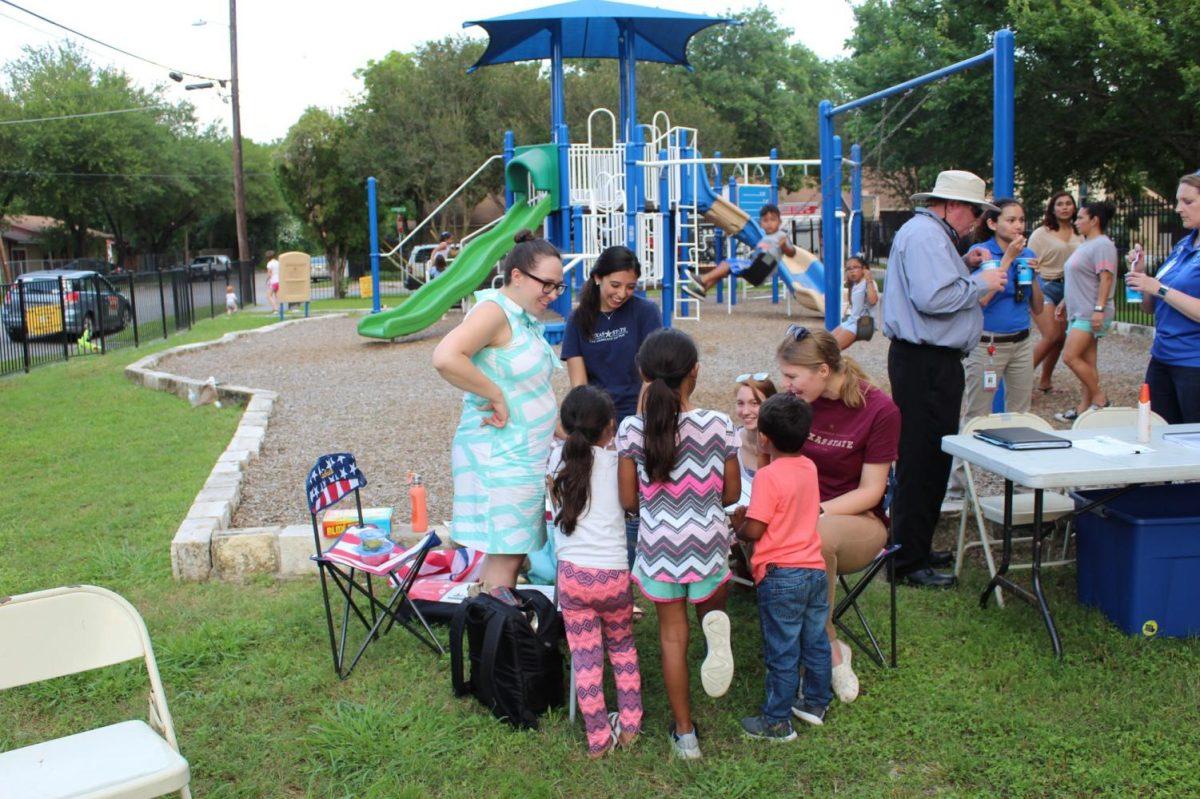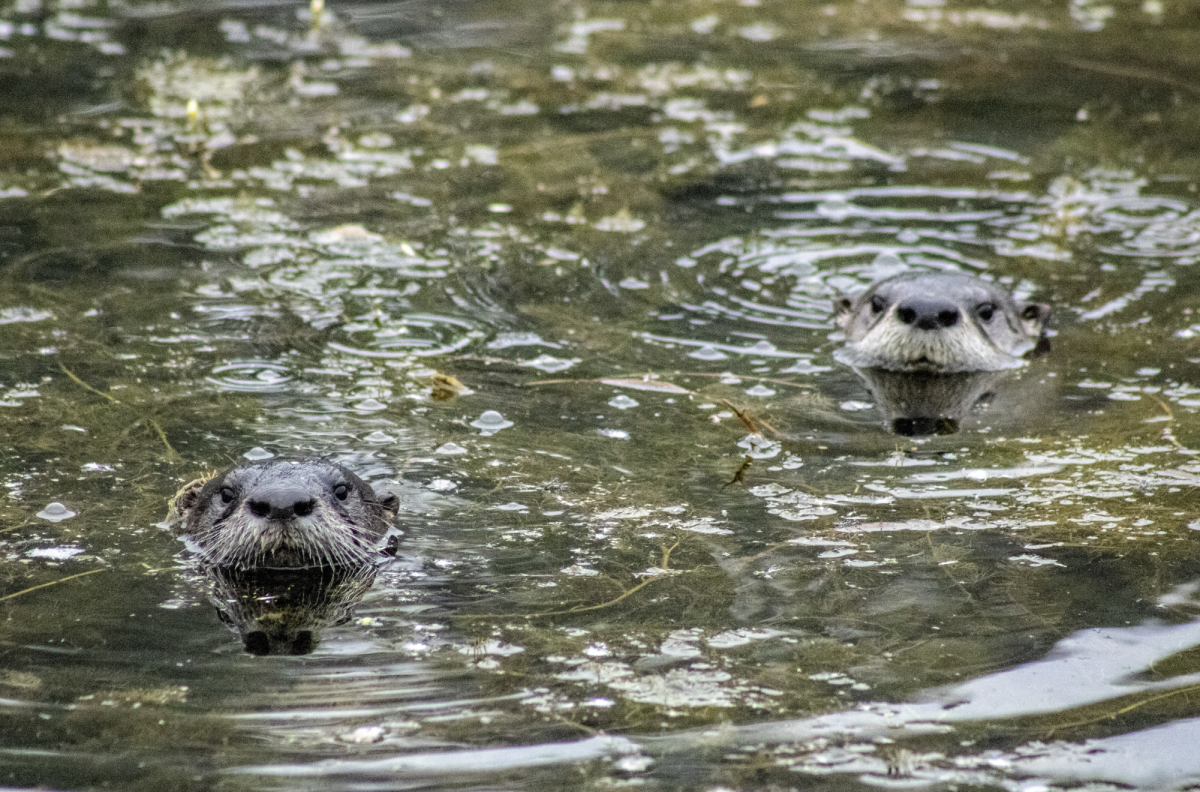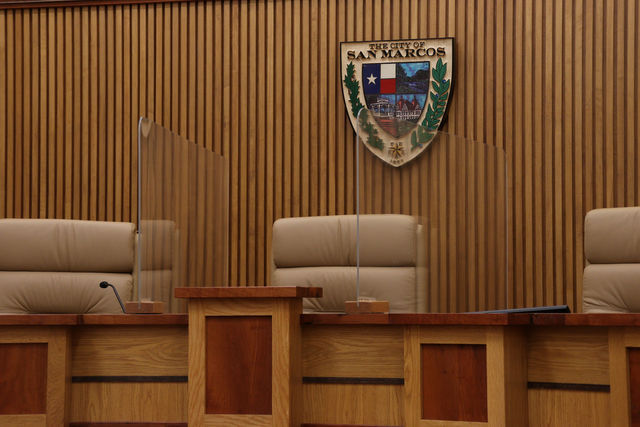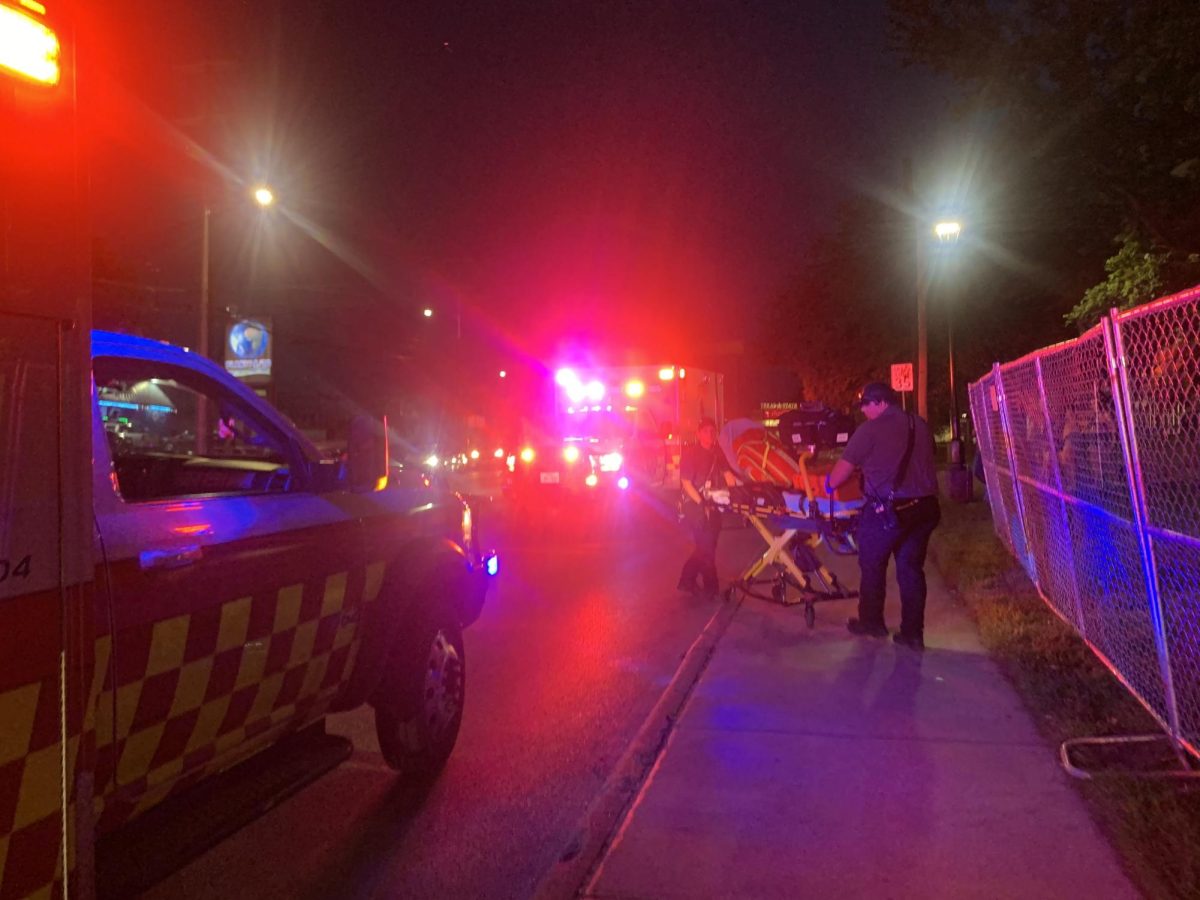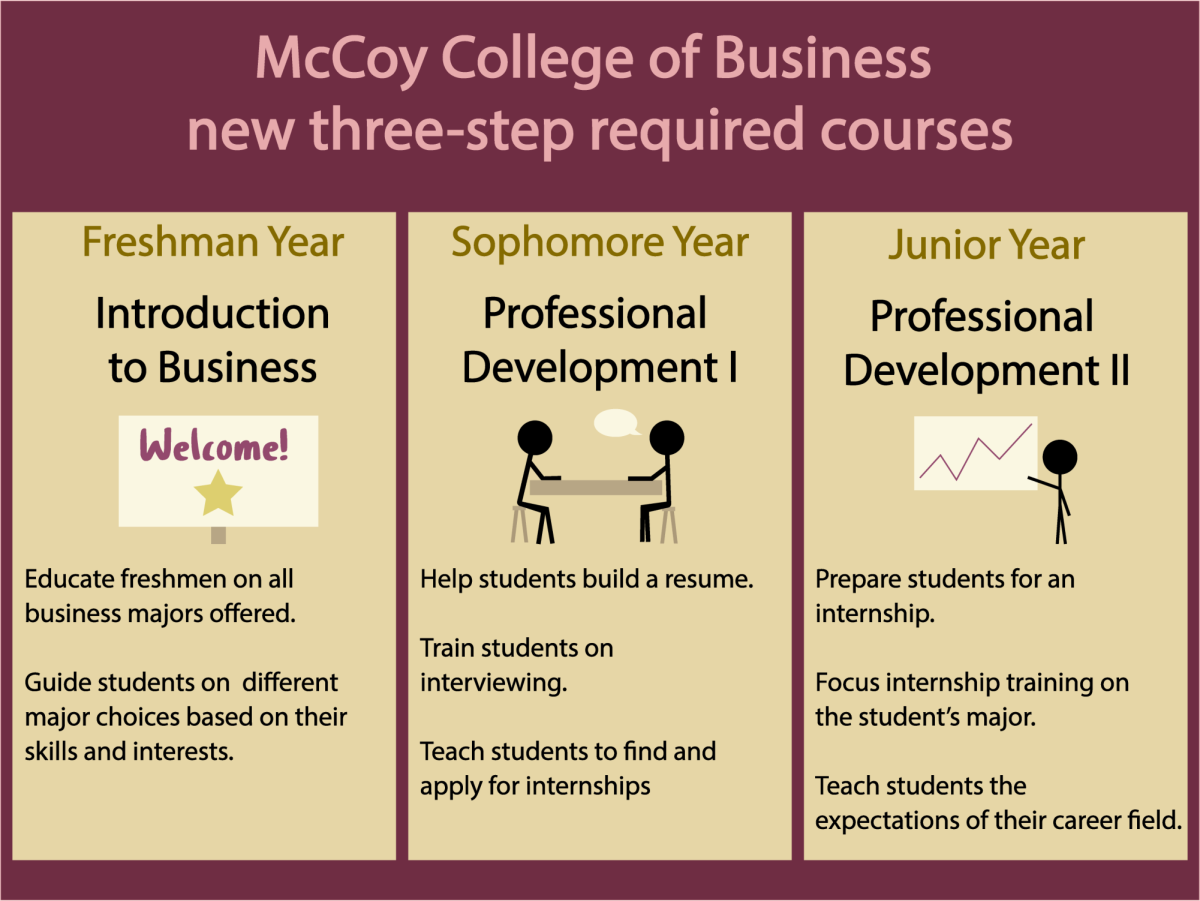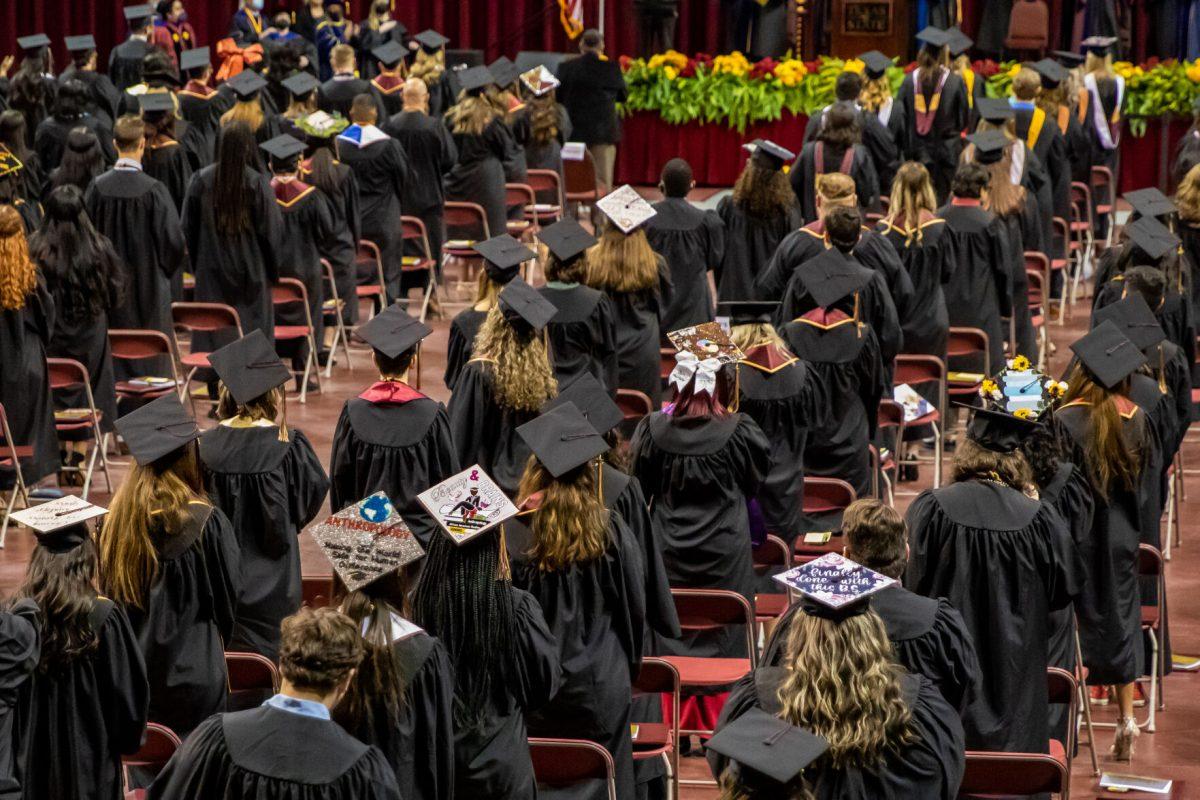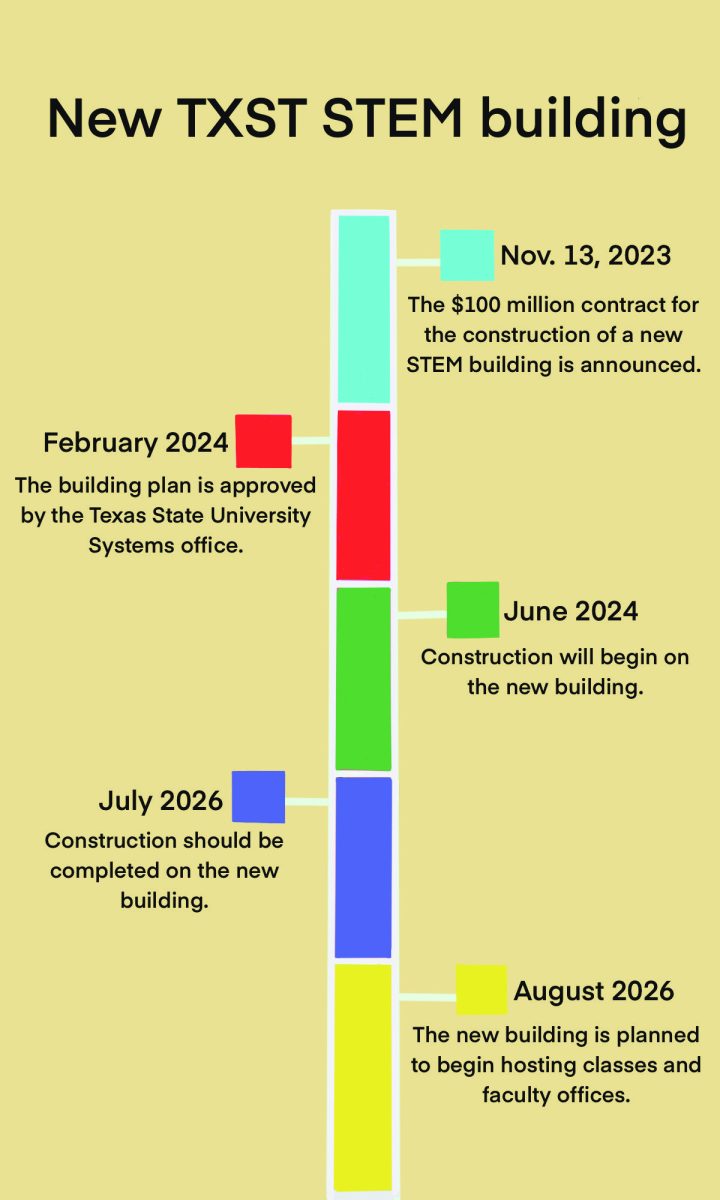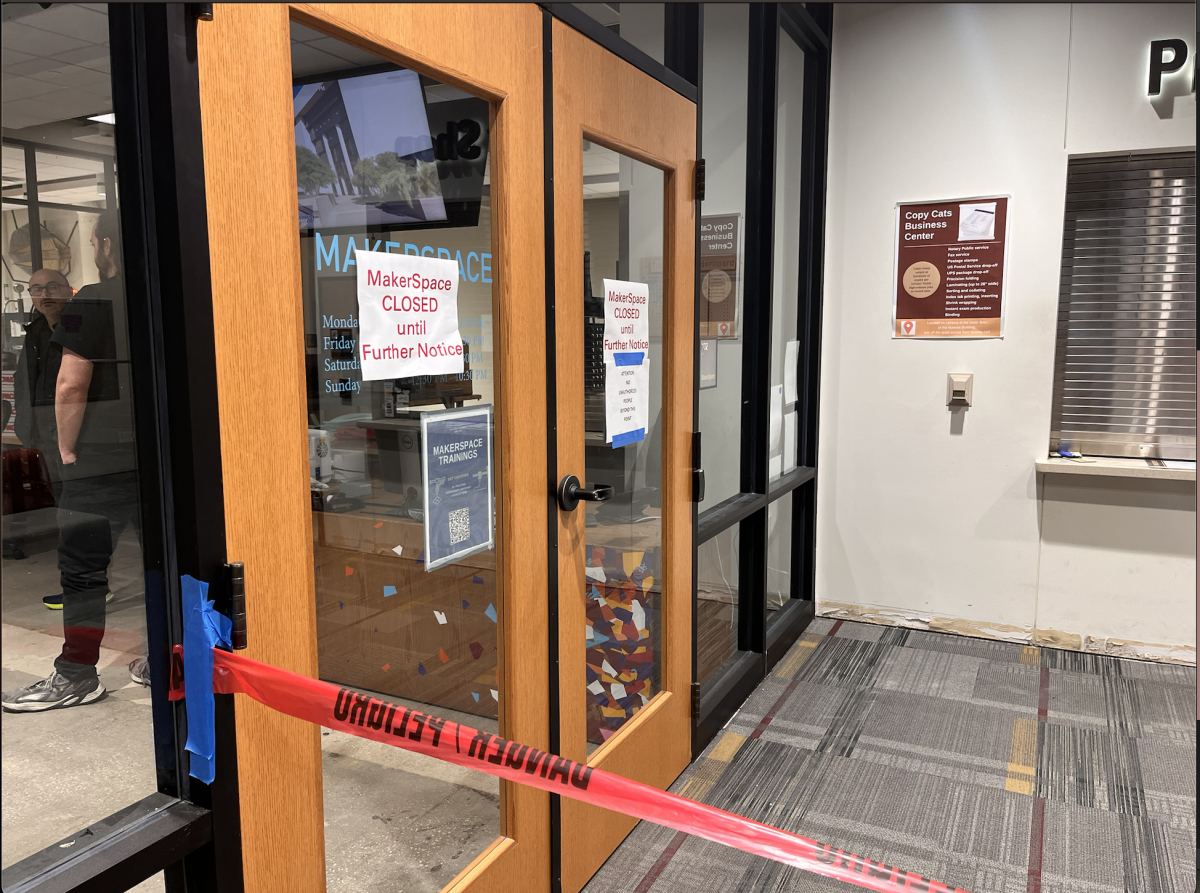Child behavior and social skills are being researched by Texas State psychology professors at a local park.
The study, Science in the Parks, is a partnership between the Texas State Department of Psychology and San Marcos Parks and Recreation, aiming to study children’s social and cognitive development.
Science in the Park was inspired by psychology professor Katherine Rice Warnell’s background in child development and how children—specifically between the ages of 3 and 12—process social information.
Psychology senior lecturer Jennifer Clegg-Petz’s previous observations as a postdoctoral research associate at Boston University of researchers gaining data through public interactions at the Boston Common Park also inspired the program.
Research is conducted Saturday mornings and Sunday afternoons at the Children’s Park. At the park, Clegg, Warnell and their research student assistants set up booths and equipment. Then, Clegg, Warnell and the students record specific age ranges by reaching out to parents, asking them to sign a consent form detailing their studies. Children participate in the study by playing games with researchers, solving puzzles or watching a video.
Meanwhile, other researchers distract parents through discussion so they can’t interfere with data collecting. After the child is done with the study, they are released to their parents and are given a prize such as a coloring book or toy.
According to Warnell, lead researcher, Science in the Parks was a way to further their research in child social development and reach out to the community in San Marcos.
“Science in the parks is something that Dr. Clegg and I started as a way to really get involved in the community, both as a way to have the community participate in our work, but also as a way to do science outreach with the community,” Warnell said.
During the fall 2018, Warnell and Clegg met with different committees within the City of San Marcos before starting the science outreach program June 2019 with San Marcos Parks and Recreation.
Science in the Parks follows the living lab model. Rather than researching in a lab, research is conducted in the community allowing more interaction between researchers and participants.
Clegg-Petz said the studies the children go through are designed to be similar to games to observe behavior authentically.
“With kiddos the hard thing is, especially when they’re little, you can’t really ask them questions to figure out what they’re thinking because you’ll get answers like ‘hot dog’ or ‘because, well, my favorite color’ and they’re not very informative,” Clegg-Petz said. “So what you have to do is try to figure out how you can create fun games for kids to do that also investigate their behavior.”
Currently, two research projects are being studied simultaneously, including a study of child prosocial behavior. It studies how children interact and care for other people with a different accent, and provides data for how kids react to social dilemmas of being honest or being nice. One researcher shows a child a bad drawing of a house or gives a child a bad present, then asking for their opinion on the drawing or present. The researcher is then swapped out for a new one which asks again for the child’s opinion.
Research from Science in the Park has most recently been shared at the Cognitive Development Society’s biannual conference in 2019 by fellow students in the program including Alyeda Arreola, a graduate student who presented their thesis on kids reacting to different accents in languages.
According to Clegg-Petz, research from the program will be presented in conferences at the Society Research for Research in Child Development and in journals about child development and psychology.
Leading assistant in Science in the Parks and graduate student Alyeda Arreola said Science in the Parks’ first research project with children began with her thesis about how one’s language or accent can affect how children interact with them.
“We were thinking how are we going to recruit kids because it’s hard to get families to come to the university so we can study their kids. The second obstacle was that I’m looking specifically for Spanish, English bilingual kids. It became harder to try to get that sample right,” Arreola said. “Dr. Warnell and Dr. Clegg were thinking, well, what’s the best way to get children for your thesis? And they came up with that science in the park idea.”
According to Arreola, with her and her team of two to three assistant student researchers, they first reached out to parents at the park, informed them about their study and asked if the parents’ children could participate. Children were then shown a video of the puppets speaking in Spanish and English with different accents then were given apples and asked to place them next to the puppets they would like to share with. Arreola said each group of children takes around 10 minutes and the study lasts for two hours.
The results of the study found English-speaking children to prefer non-accent English speakers while bilingual children accepted Spanish and accented English speakers.
Arreola is thankful for Science in the Parks for helping her finish her thesis and contributing to how children interact with others that speak differently from them. Additionally, she finds the research to be important in understanding children’s behavior and social interactions as well as allowing the community to be involved.
“Science at the parks is amazing,” Arreola said,” I don’t think that I could have finished my thesis or my thesis wouldn’t have gone so well if it wasn’t for the program. I love that we’re collecting data from such a diverse community and that we’re actually seeing that diversity in our kids which is extremely important for not just research, but just so that the community has also heard and seen.”
Science in the Parks research projects are currently being finished up throughout this year. New research projects will be implicated in summer 2020. The program and the partnership with the City of San Marcos is planned to go on continuously.
Students interested in volunteering as a research assistant for Science in the Park can email [email protected] or [email protected] for more information.
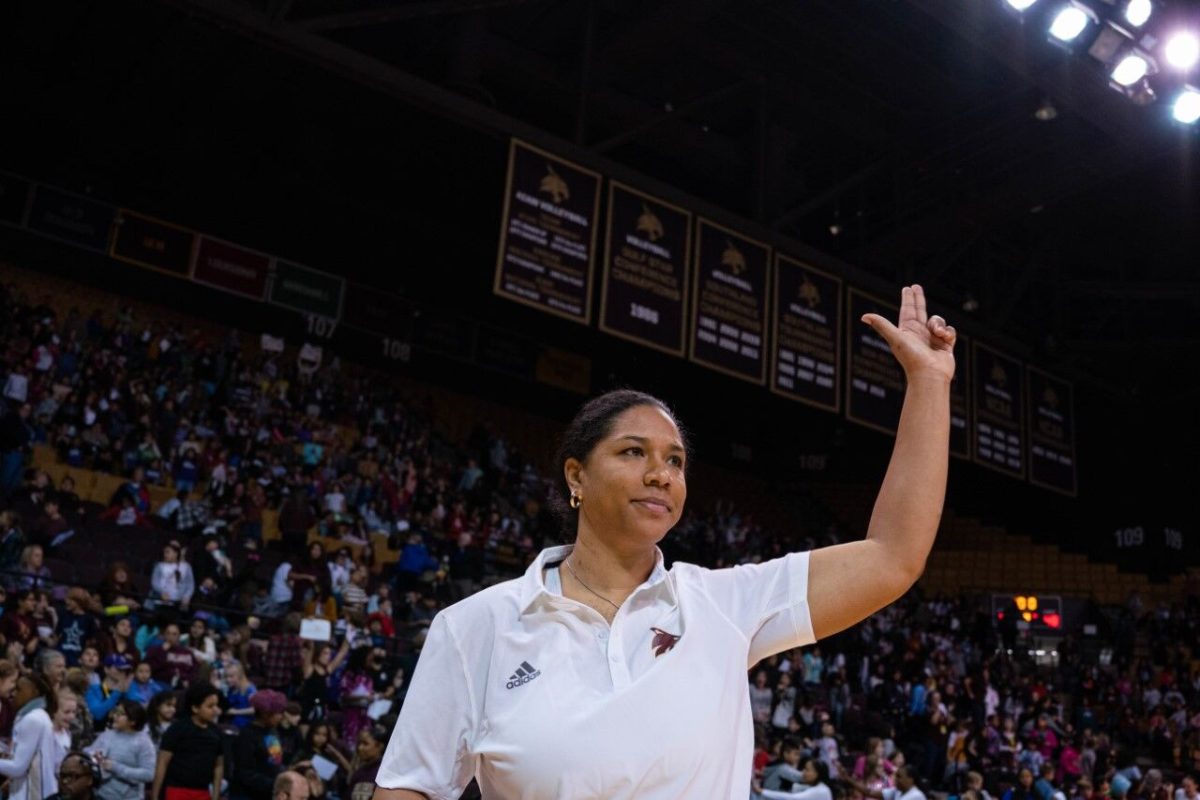
April 21, 2024
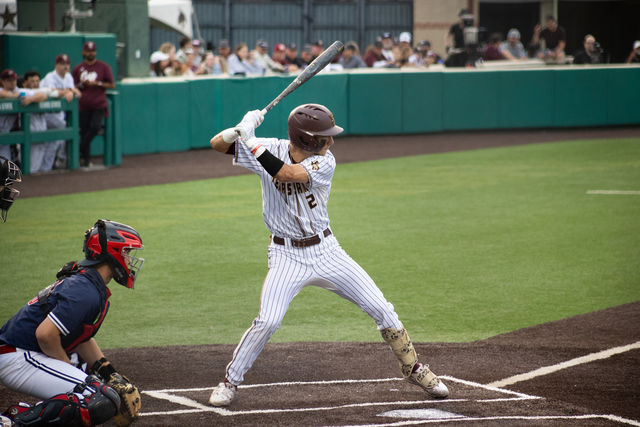
April 21, 2024
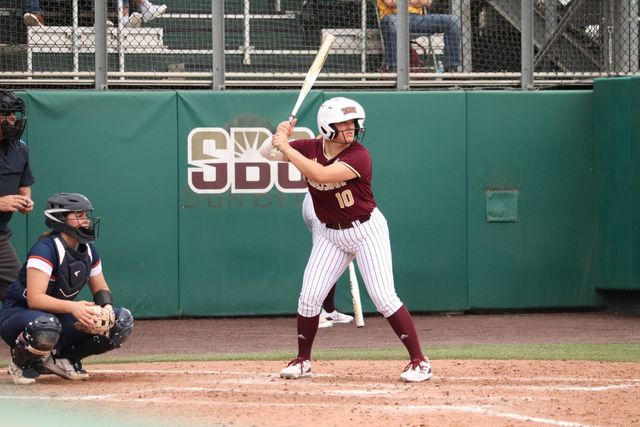
April 21, 2024
Psychology professors conduct children behavioral research at the park
December 18, 2019
Youth Service Manager at City of San Marcos Parks and Recreation Photo credit: Courtesy of Jessica Ramos
Donate to The University Star
Your donation will support the student journalists of Texas State University. Your contribution will allow us to purchase equipment and cover our annual website hosting costs.
More to Discover
SECTIONS
SERVICES
CONTACT INFORMATION
universitystar.com
601 University Drive
San Marcos, TX 78666
Phone: 512-245-3487
Email: [email protected]
601 University Drive
San Marcos, TX 78666
Phone: 512-245-3487
Email: [email protected]
© Copyright 2024 The University Star 601 University Drive, San Marcos, TX | Privacy Policy
© Copyright 2024 The University Star 601 University Drive, San Marcos, TX | Privacy Policy

